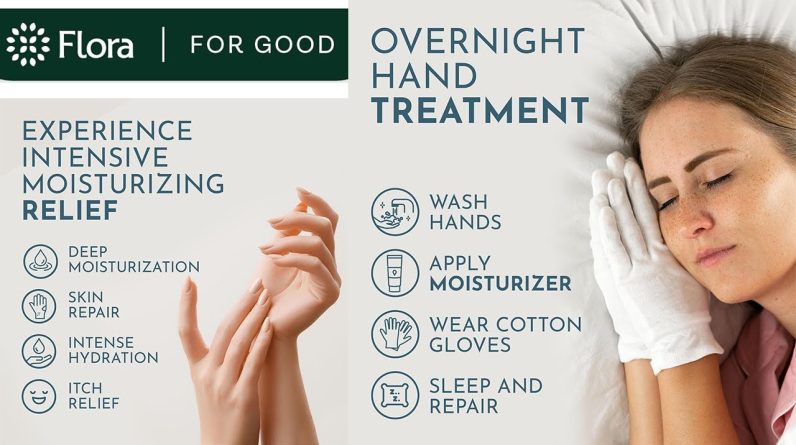Dark circles under the eyes can have various causes, and they may occur due to a combination of factors. Some common causes of dark circles include:
Genetics: Genetics plays a significant role in the development of dark circles. If your parents or grandparents have them, you may be more prone to having them as well.
Aging: As people age, the skin becomes thinner and loses collagen and fat, making the blood vessels under the eyes more visible. This can create the appearance of dark circles.
Fatigue and Lack of Sleep: A lack of sleep or poor sleep quality can lead to dilated blood vessels under the eyes, causing them to appear darker. Fatigue can also make the skin appear paler, making dark circles more noticeable.
Allergies: Allergic reactions can cause inflammation and swelling around the eyes, leading to dark circles. Rubbing itchy eyes can worsen the condition.
Dehydration: Insufficient hydration can cause the skin to become dry and dull, which can make dark circles more noticeable.
Sun Exposure: Excessive sun exposure can lead to the overproduction of melanin in the skin, which can darken the area under the eyes.
Heredity: Some people are genetically predisposed to having darker skin under the eyes, which can create the appearance of dark circles.
Skin Conditions: Certain skin conditions, such as eczema or atopic dermatitis, can lead to inflammation and discoloration around the eyes.
Smoking: Smoking can cause blood vessels to constrict and reduce blood flow, which can lead to dark circles under the eyes.
Diet: A diet high in salt can cause fluid retention, leading to puffiness and dark circles under the eyes.
Medical Conditions: Underlying medical conditions, such as anemia, thyroid disorders, or sinus problems, can contribute to the development of dark circles.
Alcohol and Caffeine: Excessive consumption of alcohol and caffeine can dehydrate the body, which can make dark circles more prominent.
To reduce the appearance of dark circles, you can try various remedies and lifestyle changes, such as getting enough sleep, managing allergies, staying hydrated, using sunscreen, and adopting a healthy diet. If dark circles persist and are a concern, it’s a good idea to consult a dermatologist or healthcare professional for further evaluation and treatment options. They may recommend topical creams, laser therapy, or other medical interventions depending on the underlying cause.
source








